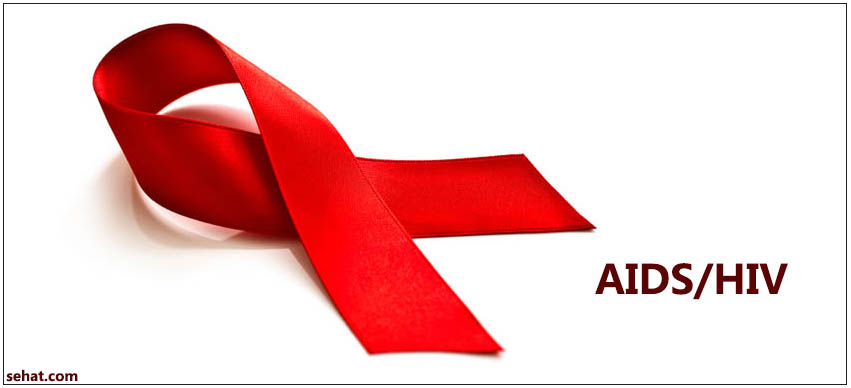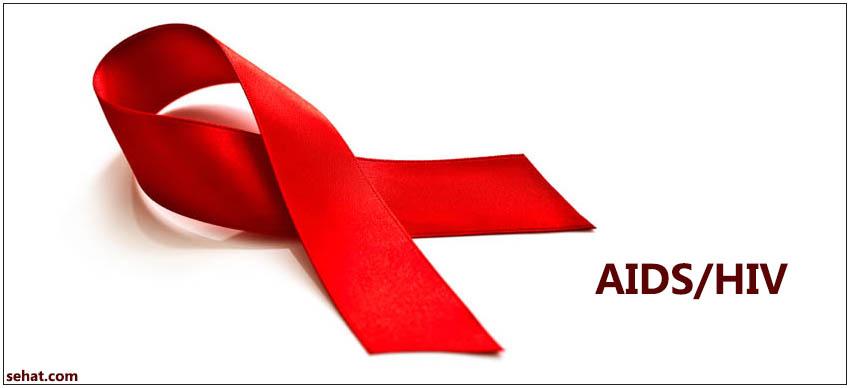Nanoparticle Therapy – An Emerging Cancer Treatment
5 Min Read


The full form of AIDS is acquired immunodeficiency syndrome. This is chronic and life-threatening disease that irreversibly damages the immune system and affects the body’s ability to fight disease-causing organisms and pathogens.
The human immunodeficiency virus, or HIV, that causes AIDS is transmitted through unprotected sex, but can also be spread through infected blood or from mother to child during pregnancy, at childbirth or while breastfeeding. After the initial exposure to the virus, it could be years before you can get full-blown AIDS.
Clinical Latent Stage: During this stage, usually there are no specific symptoms, but some people may have inflammation of the lymph glands. In this stage the virus is present in the body as well as the white blood cells. The Clinical Latent stage can last from eight to 10 years, sometimes even longer.
Early Signs of HIV Infection: As the virus proliferates in the body, it systematically destroys the immune cells. Hence, those infected develop mild infections or could show chronic symptoms, like:
As there is no cure for HIV infection, it progresses to full-blown AIDS in around 10 years. During this stage, the person’s immune system is severely compromised, making them more susceptible to any type of infection. During this stage, people will have symptoms of these infections which include high grade fever, cough, weight loss, chronic diarrhoea, shortness of breath, night sweats, blurred vision, skin rashes, unusual white spots on the tongue or in the mouth and fatigue for no reason.
It is believed that some populations of monkeys and chimpanzees in Africa were infected with a virus that was similar to HIV. These simians were hunted by people for food and during the killing and cooking these infected monkeys, the virus infected humans and turned into HIV.
When a person has HIV, they do not have AIDS. Acquired immunodeficiency syndrome only occurs after HIV kills CD4 cells, which are a type of white blood cells that help the body ward off diseases. As CD4 cells are destroyed, the immune system weakens and when the count of these cells falls to less than 200, HIV progresses to AIDS. This is the time the infected person becomes susceptible to tuberculosis, cytomegalovirus, toxoplasmosis, pneumocystis pneumonia and cryptosporidiosis.
To get HIV, you have come in contact with infected semen, blood or vaginal secretions. You do not get HIV by hugging, kissing or shaking hands. The infected body fluid has to enter your body to get HIV. If you have oral, anal or vaginal sex with an infected person, you can get HIV infection.
You also can get HIV through contaminated blood transfusion and sharing infected syringes and needles.
The most common way to diagnose HIV is testing the saliva or blood for antibodies. However, your body will only develop the antibodies after about 12 weeks of exposure to the virus. Sometimes, it can take up to six months to develop the antibodies.
However, a new test has been introduced that tests the body for HIV antigen, which is a protein the virus produces right after infecting a person. This new test is quick and allows a doctor to diagnose HIV within a few days of the person getting infected.
Once the doctor gives a positive diagnosis, there are many other tests that allow the doctor to determine which stage the disease is in.
Some of the drugs used to control HIV include:
If you are diagnosed with HIV and your symptoms are severe, your CD4 count is less than 350 or you are pregnant, you should immediately start the treatment.
The only way to prevent getting HIV infection, which ultimately turns to AIDS, is by protecting yourself. You should avoid coming in contact with bodily fluids that are infected with HIV. So always use a condom during sexual intercourse and make sure each time you have sex, you use a new condom. Women are advised to use female condoms during sexual intercourse. If you have oral sex, always use a dental dam or condom.
The U.S. FDA has approved a drug called Truvada, which reduces the risk of getting HIV infection through sexual practices. This drug is recommended for high risk patients and those who do not already have HIV infection.
Men can reduce their chances of getting HIV infection by opting for circumcision.
If you have been diagnosed with HIV, you should immediately inform all your sex partners about it, so that they too can get themselves tested. This will allow them to take appropriate treatment and also ensure they do not spread the disease to others.
Sehat provides list of best HIV Specialists in Hyderabad from which you can research and choose the right doctor for your condition.